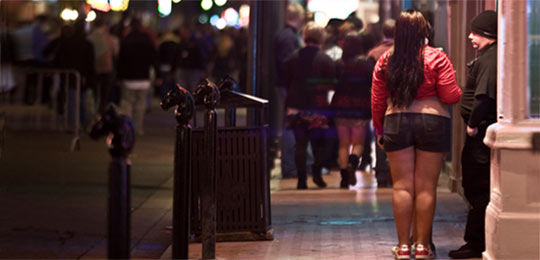
Supreme Court rejects limits on corporate spending in electoral campaigns:
A divided Supreme Court on Thursday swept away decades of legislative efforts to restrict the role of corporations in election campaigns, ruling that severe restrictions on corporate spending are inconsistent with the First Amendment’s protection of political speech.
Chris Lehmann has the best headline: High Court Upholds Whores-Race Politics, although the metafilter one-liner (“The Business Plot of 1933 has reached a logical conclusion”) comes close, and gives me a chance to name-check Smedley Butler again.
Lehmann’s analysis:
The ruling also effectively rolls back many curbs on “soft-money” campaign financing–the coy corporate practice of doling out dosh on candidates’ behalf via dummy interest-group expenditures–during the homestretch of elections that were instituted in the already weak McCain-Feingold campaign finance law. In the majority opinion, Justice Anthony Kennedy stirringly pronounced that “the censorship we confront is now vast in its reach,” neglecting of course to mention that virtually every other Western democracy has far stricter curbs on rampant private-sector electioneering while also mysteriously permitting their private citizens to express themselves just fine.
And Dahlia Lithwick’s The Pinocchio Project has the best subhed: “Watching as the Supreme Court turns a corporation into a real live boy.”
The court had to reach out far beyond any place it needed to go to strike down century-old restrictions on corporate spending in federal elections. This started off as a case about a single movie. It morphed into John Roberts’ Golden Globe night.
Funny. This is a silly case, and what the Court has wrung from it is so preposterous that you want to laugh. But no.
But you can plainly see the weariness in [dissenting Justice John Paul] Stevens[‘] eyes and hear it in his voice today as he is forced to contend with a legal fiction that has come to life today, a sort of constitutional Frankenstein moment when corporate speech becomes even more compelling than the “voices of the real people” who will be drowned out.
“A Constitutional Frankenstein moment.” It has been a pretty awful week.
